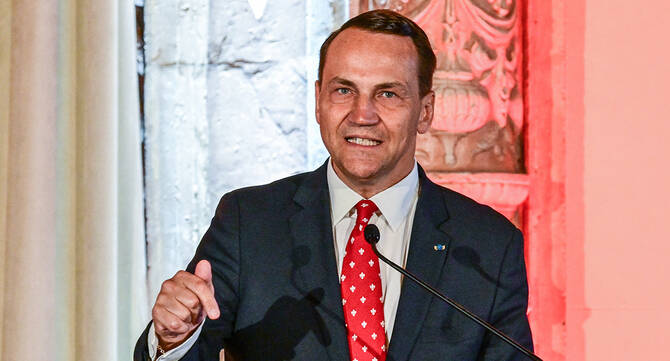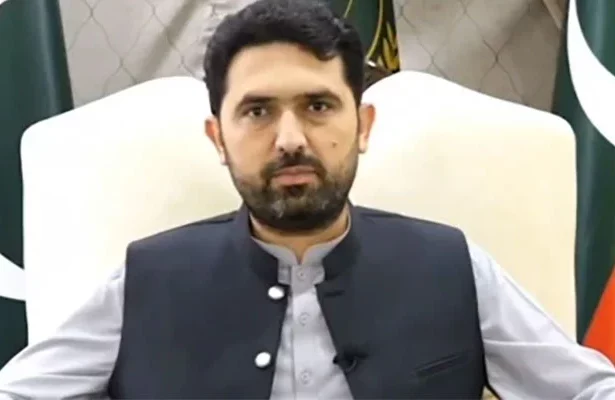The IMF meeting was delayed due to the Pakistan and India conflict. The virtual talks with the IMF have begun to discuss the upcoming budget. Virtual talks replace delayed IMF visit: The International Monetary Fund (IMF) has begun virtual discussions with Pakistani officials after finalizing the upcoming federal budget. The already scheduled meeting in Islamabad …
Pakistan Begins Key Virtual Talks With IMF Amid Security Fears

The IMF meeting was delayed due to the Pakistan and India conflict. The virtual talks with the IMF have begun to discuss the upcoming budget.
Virtual talks replace delayed IMF visit:
The International Monetary Fund (IMF) has begun virtual discussions with Pakistani officials after finalizing the upcoming federal budget. The already scheduled meeting in Islamabad got delayed due to Pak-India conflict. The concerned meeting team delayed its visit to Pakistan. Despite this delay, the IMF has confirmed that online meetings will take place from May 14 to May 16. The mission is now expected to arrive in person over the weekend.
New IMF mission chief joins budget talks:
Iva Petrova, a Bulgarian economist recently appointed as the new IMF Mission Chief for Pakistan. She replaces Nathan Porter. Petrova is experienced in working with Armenia, Iceland, and Israel and holds a PhD in Economics from Michigan State University. Both Petrova and Porter are expected to attend the full round of discussions, virtually and in person.
Also Read: PPP Calls For Global Action After India-Pakistan Standoff
Pakistan’s budget to be finalized before Eid:
On June 2, the Pakistani government is expected to present its fiscal year 2025-26. To meet IMF expectations, Pakistan is required to adopt tight fiscal policies to meet IMF expectations. It includes a primary budget surplus of 1.6% of GDP. That means Pakistan will need to generate an additional Rs 2 trillion beyond its non-interest spending.
IMF demands tough revenue targets:
The Federal Board of Revenue (FBR) has been given a goal of collecting taxes of approximately Rs 14.3 trillion, which equals around 11% of the GDP. The IMF will closely examine whether Pakistan can realistically implement policies to meet this target. The final size of the national budget remains under discussion. Officials are considering a budget smaller than Rs 18 trillion.
Pakistan’s strong fiscal performance:
On June 2, the Finance Ministry will update the country’s financial performance from July 2024 to March 2025. The ministry will also share details about extra grants issued during the fiscal year. So far, Pakistan has met several key fiscal conditions under its agreement with the IMF.
The federal government achieved a primary surplus of Rs3.5 trillion. This boost was largely due to early booking of the State Bank’s annual profits, amounting to Rs2.5 trillion. Provincial governments also performed well. Together, they saved Rs1.028 trillion and collected Rs685 billion in taxes thus beating the target by Rs 79 billion.
Tax collection shortfall remains a concern:
The FBR failed to meet its nine-month tax target. It collected Rs 8.5 trillion instead of the required Rs 9.2 trillion. The situation worsened in April, with another Rs 135 billion added to the shortfall. This brings the total deficit to Rs830 billion for the first ten months of the fiscal year. Despite the shortfall, the total collection by the end of April reached Rs9.3 trillion. Still, experts say this growth won’t be enough unless major policy changes are made.
Structural reforms and compliance on the agenda
The implementation of tax enforcement and compliance initiatives is another topic to focus on. The FBR has made little progress on the digital tracking of goods, a new retailer scheme, and better risk management. The FBR tax collection continues to rely heavily on raising new taxes rather than improving systems. The IMF has also asked Pakistan to report on any savings from planned government downsizing.











